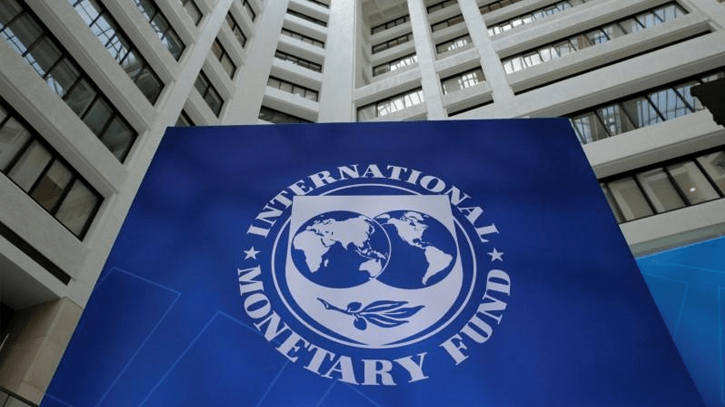
Photo: Collected
The overall economy of the country has been experiencing various crises over the last few years. Due to the high rate of inflation, numerous challenges have arisen. Although the government has implemented various plans to recover the economy from the recession, the biggest challenge now is dealing with the pressure from the International Monetary Fund (IMF). According to the IMF's conditions, monetary policy should be used in the next financial year to reduce the inflation rate, which would involve increasing the interest rate.
How high interest rates hamper investment is much debated. If investment in the country does not increase, employment will not rise. If employment does not increase, consumer demand will decline. In this situation, the sales of domestically produced products will decrease. According to experts, interest rates need to be reduced to increase employment in the country. A cut in interest rates has a positive effect on new employment, although it puts some pressure on inflation. However, the central bank is unable to take such steps due to IMF conditions.
In the past, various reports had predicted that the dollar crisis would end by December 2023, and the situation would return to normal. However, this has not happened. Although the crisis has subsided, the situation is still not normal. It is assumed that there will be a dollar crisis in the fiscal year 2024–25, with expectations that this crisis will end in the financial year 2025–26. Consequently, the taka is expected to depreciate further against the dollar during this period.
Depreciation of the currency affects people's purchasing power. To counter this pressure, the IMF suggested further devaluation of the currency. This would increase the flow of dollars and normalise the situation. In the last two years, the taka has depreciated by about 46 to 52 percent against the dollar, resulting in ongoing inflationary pressure. Further depreciation would exacerbate this pressure.
Despite the rise in dollar prices, its supply has not increased, partly due to the vigorous activity of the hundi syndicate. If the hundi syndicate remains active, the benefits of currency devaluation steps will not be fully realised.
The government cannot ignore some of the IMF's recommendations to meet the loan conditions. However, it is crucial to take all necessary precautions in this process. Corruption and mismanagement create new crises in the country's economy, and in the absence of good governance, various issues arise. Therefore, to support the economy, good governance should be ensured at all levels in the country.
Messenger/Fameema








